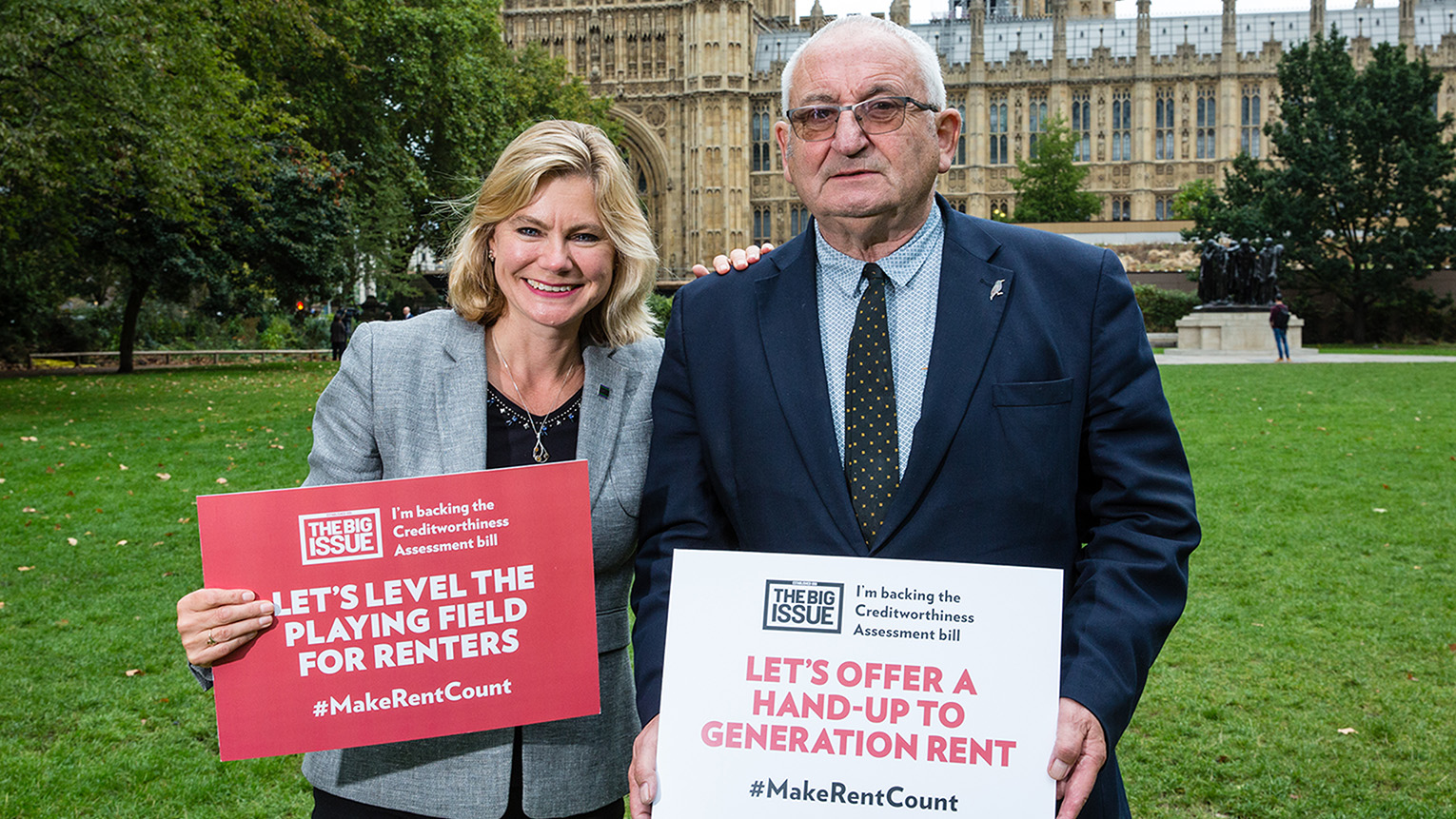The government has said it will shortly be launching its consultation on theresults of the high-cost credit review by the FCA. Action in this area is badly needed. We all need to have access to credit as part of our lives, whether it’s getting a mobile phone, a car, or, at some point, a mortgage for a home. But that access should be affordable and as things stand, it’s young people and those who are the least well-off, with the smallest financial track record, who end up paying the most for credit. It’s a catch-22 situation that locks them out of the sort of access to low-cost, affordable credit that most other people take for granted.
Therefore the Creditworthiness Assessment Bill, the brainchild of Lord Bird, makes sure that credit providers have to look at all the financial facts relating to a person to fairly assess what sort of credit risk they are. It puts renters and homeowners on a level playing field when it comes to credit assessment by lenders. I believe it’s a crucial part of the jigsaw on how we get affordable credit for those who currently have the least access to it.
Specifically this bill means that if you’re reliably paying rent and council tax – if you want them to – would-be lenders will have to take that into account when assessing your credit risk, just as they would if you were paying off a mortgage every month. Lord Bird’s Creditworthiness Assessment Bill has already passed through the House of Lords and my task is now to make sure it gets through the House of Commons. If we can do that, then it becomes law. And if it becomes law, things change for the better for 15 million renters across our country who can pay a poverty premium of around £490 per year because of how things work today.
When The Big Issue worked with social landlords, their tenants and lenders to trial this proposal via its Rental Exchange Scheme, the results were impressive. Some 83 per cent of tenants saw their credit scores get better because of the rent payment data. And social landlords said that the incentives for tenants to get a better credit score meant the level of arrears they had fell too. But the bill is also really clear that as a renter you can also opt out, so that if you don’t want your rent payments considered that’s also fine.
I represent a London community where lots of my constituents are affected because so many of them rent. Now, for the first time, more than 50 per cent of people living in London rent, and a lot of these are young people. I want this bill to become law to help them. Getting on the housing ladder is hard enough, but not being able to build up your credit file is yet another barrier making it that bit harder again. Yet it’s one that we can easily take action on.
Credit is something we all need access to at one time or another and a fairer credit score can help people get a better deal on their mobile phone, utilities, car loans, white goods – really anything that we get through credit in our day-to-day lives. I care about the bill because I think 15 million people reliably paying money every month to live somewhere should be acknowledged and shouldn’t be treated unfairly by credit providers just because that payment is rent and not a mortgage. It should count the same. I’ve been a renter in the past. Most people have. Like virtually everyone in our country, I’d never have been able to buy my first home if I hadn’t been able to borrow via having a mortgage. The more we can take away the barriers and make things fairer, the better.









